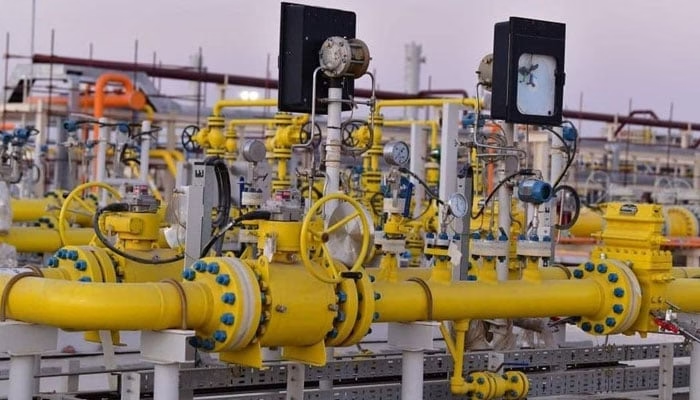In a significant move towards liberalizing the energy sector, the monopoly of Sui Gas Companies in Pakistan has officially ended, paving the way for private companies to participate in gas sales and purchases. The Petroleum Division has issued a detailed notification outlining the framework for this transformative policy, marking a new era for the country’s gas industry.
Key Highlights of the Policy
The newly announced framework allows third-party (private sector) companies to sell gas in Pakistan, ending decades of control by state-run Sui Gas Companies. This decision, approved by the Council of Common Interest (CCI), comes as part of a broader effort to modernize the gas sector and attract significant investments.
- Annual Gas Sales Limit
Private companies will be allowed to sell up to 100 million cubic feet of gas annually. This move is expected to foster competition, ensuring better service delivery and potentially stabilizing gas prices for consumers. - Exploration and Production (E&P) Policy
Under the revised policy, exploration and production companies can sell 35 percent of their pipeline capacity to private entities. However, these third-party companies must possess a valid license from the Oil and Gas Regulatory Authority (OGRA). - Streamlined Approval Process
The policy eliminates the need for government agency approvals, provided that the price offered by private companies is not less than the wellhead price. This simplification is expected to expedite transactions and promote a competitive market environment. - Scope of the Policy
The new framework applies to all existing licensees and leaseholders under the policies of 1998, 2001, 2009, and 2013. Companies operating under these policies, yet to be allocated areas, will benefit from the revised policy following approval by the CCI.
Boosting Investments in the Gas Sector
This policy shift is part of a broader strategy to attract $5 billion in investments in the gas exploration and production sector. By allowing private companies to enter the market, the government aims to foster innovation, efficiency, and a more robust energy supply chain.
The decision also includes an annual review of the revised policy for exploration and production companies. This review will ensure that the framework remains aligned with market dynamics and continues to attract foreign and domestic investors.
Competitive Market Dynamics
The introduction of third-party gas sales is expected to trigger a competitive process within the industry. By enabling private companies to offer competitive prices, the policy will likely lead to better pricing and service quality for consumers.
Furthermore, the move to open up the gas sector aligns with international practices, where competitive markets have demonstrated increased efficiency and consumer benefits.
Implementation Challenges and Opportunities
While the new policy is a significant step forward, its implementation may face challenges. Ensuring compliance with OGRA regulations, managing the transition from a monopoly to a competitive market, and addressing potential disputes between private and state-run entities will require careful oversight.
However, the opportunities outweigh the challenges. By introducing private sector participation, the government is setting the stage for a more dynamic and investor-friendly gas sector. This, in turn, will support Pakistan’s economic growth and energy security goals.
Broader Economic Impact
The liberalization of the gas sector is expected to have far-reaching economic implications:
- Increased Investments: The anticipated $5 billion investment will bolster infrastructure development and job creation.
- Enhanced Energy Security: Diversifying gas supply sources will reduce reliance on state-run companies, ensuring a more reliable energy supply.
- Consumer Benefits: Competitive pricing and improved service delivery will benefit consumers across the country.
The opening of Pakistan’s gas sector to private companies marks a transformative shift in the country’s energy landscape. By breaking the monopoly of Sui Gas Companies, the government is fostering a competitive environment that promises to attract significant investments, improve service delivery, and enhance energy security.
As this policy unfolds, its success will depend on effective implementation, regulatory oversight, and stakeholder collaboration. With the potential to reshape the gas sector, this decision is a bold step toward a more prosperous and energy-secure Pakistan.



